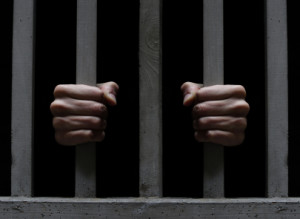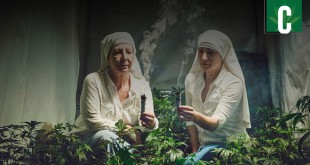 Two men were sentenced Dec. 21 for their ties to several medical marijuana dispensaries in Sacramento and Stockton.
Two men were sentenced Dec. 21 for their ties to several medical marijuana dispensaries in Sacramento and Stockton.
Lynn Farrell Smith, 63, of Stockton was sentenced to 42 months in prison for cannabis cultivation and sale. His co-defendant, Robert Duncan, 30, of Oakland was sentenced to 24 months in prison for similar crimes. Both men were sentenced in federal court by U.S. District Judge Garland E. Burrell Jr.
Smith pleaded guilty early in 2013 to one count of conspiracy to manufacture and distribute marijuana, two counts of manufacturing marijuana and six counts of distributing marijuana. Duncan pleaded guilty in 2012 to charges he manufactured marijuana.
The charges were tied to two grow facilities in Stockton and six storefront dispensaries in Sacramento and Stockton.
Earlier in December, another defendant, Matthew Davies, 35, was sentenced to 60 months in prison and a fine of $100,000. More than $160,000 had been forfeited in the case previously, according to police.
Prosecutors said Davies and Smith worked together, running the dispensaries and grow sites in Stockton and Sacramento. In 2011, someone called the police during a robbery-in-progress at one of the cultivation sites, where police discovered more than a dozen workers inside cultivating marijuana plants.
The central argument of the case against Davies and Smith was that they tried to make a lot of money off their operation. California law only allows non-profits to grow or sell weed, and U.S. Attorney Benjamin Wagner, who handled the case for the Eastern District of California, accused them of trying to build a for-profit pot empire in the Central Valley.
This fall, the U.S. Department of Justice announced it would no longer go after weed businesses simply because of their size of profitability. But like his counterpart in the Northern District of California, U.S. Attorney Melinda Haag, Wagner has chosen not to back off of prosecutions that were already in the works when the new policy was announced.
The question now is whether these defendants are the last wreckage of an old policy or a sign of more to come.
 California Marijuana Market Breaking "Marijuana News" from CA
California Marijuana Market Breaking "Marijuana News" from CA





